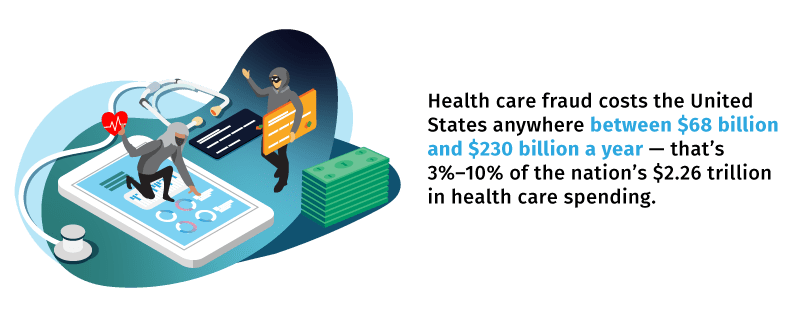

Leverage connected technology to enhance insurance and healthcare customer service
Data has always been the cornerstone of the health insurance industry. In the days before the term “big data” was coined — or even before data as we currently know it existed — health insurance companies depended on mathematical models to predict outcomes and on information collected during health plan member onboarding to inform customer interactions. Data is still central, but much has changed in terms of the sheer volume of information, and how it is collected and analyzed.
Which leads us to big data and health insurance analytics. With advanced technology and such a massive volume of data at their disposal, health insurers would be crazy not to use big data analytics to their advantage — especially when it’s the key to solving one of the health insurance industry’s biggest challenges. The reality is that health insurance companies are no longer able to compete on the strength of their health plans alone; today’s customer expects total transparency and an exceptional experience at every stage of the member lifecycle. Based on this shift in the market, health insurers need provide more insightful recommendations to members based on their personal data so they can make better decisions regarding their coverage and overall health.
To maintain their edge in an increasingly competitive landscape, health insurers need to stay on top of the latest data analytics trends in the insurance industry.
Big data offers an untold number of benefits to health insurance companies willing to make the investment in data analytics technology:

Claims investigators can now use predictive analytics to examine unstructured data, such as social media posts, identify potentially fraudulent behavior, and flag certain claims for review. By adding machine learning into the mix, insurers can monitor this behavior over time and create and implement new rules when fraudulent patterns emerge, thereby eliminating the guesswork from fraud detection and prevention.
AI in insurance can also flag fraudulent claims for services not rendered. For example, a male patient submitting a claim for an obstetrician visit would be flagged for further investigation. This all circles back to the idea of “auto-adjudication,” meaning that if a claim can be automatically approved, a claim can also be automatically rejected or flagged for fraud.
Artificial intelligence and machine learning can certainly help automate claims processing, but it’s still an ongoing process. In most cases, if a member calls an insurer with a question, there’s a timeframe for how long the insurer will take to get back to them with an answer. For example, an insurer may have 45 days to answer a claim question (this is usually because claims data can be complicated).
Ready to harness the power of big data in health insurance? Hitachi Solutions is the perfect partner to help you do it.
We take a multifaceted approach to helping health insurers get more out of their data with analytics-based solutions. On the people side, we bring years of industry experience to the table, having worked with countless health insurance providers to modernize their data estate and unlock the potential of big data. On the technology side, we’re able to leverage our expertise with predictive analytics and data science and our experience with the entire Microsoft software stack to empower data-driven decision-making with custom Dynamics 365 solutions, Data Lake, and Data Bricks.
Don’t waste another moment; make big data analytics a part of your business today. Our specialists are ready and waiting, so get in touch today to get started.